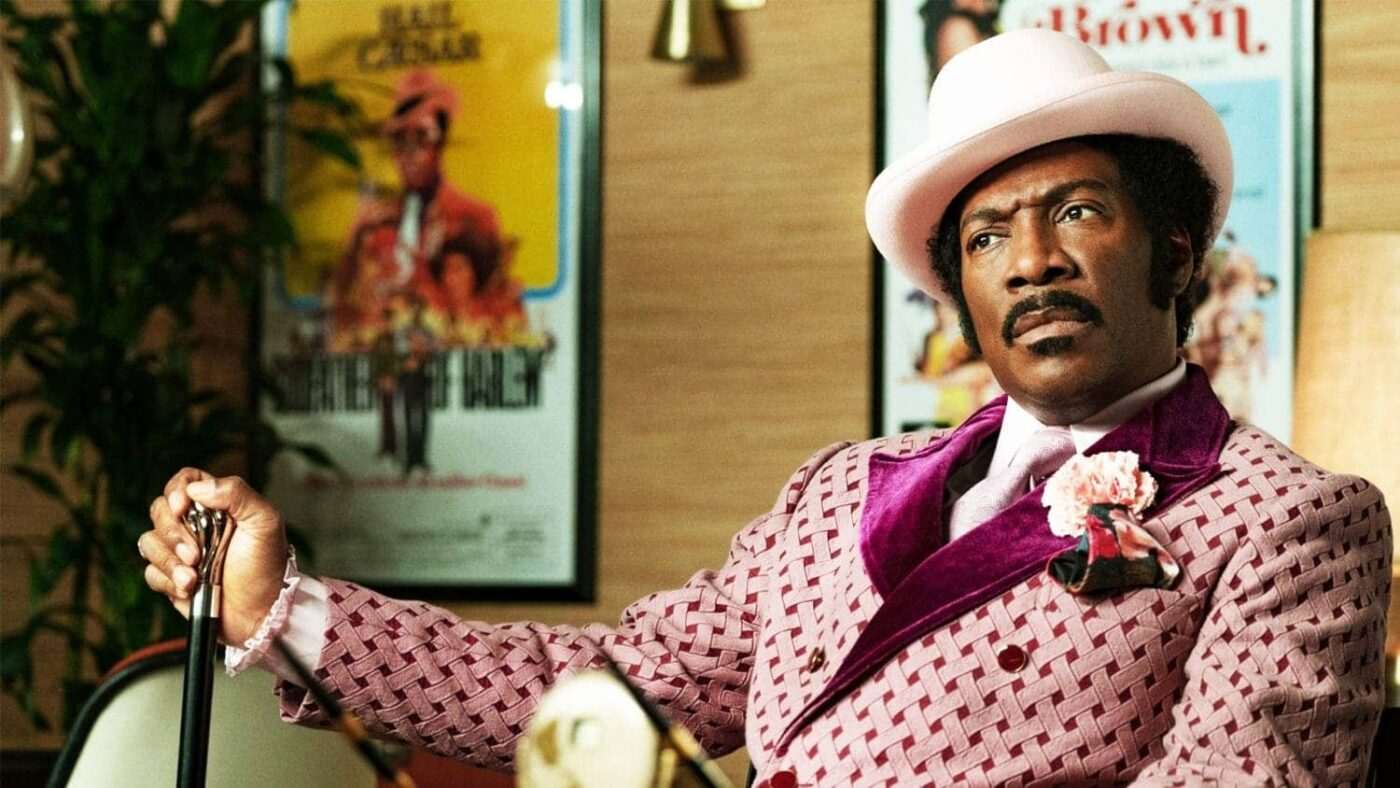
by JR Valrey, Black New World Journalists Society
In June, San Francisco Mayor London Breed is expected to lower San Francisco’s alert level to a COVID-19 semi-quarantine status, meaning that some of the shelter-in-place restrictions implemented in mid-March are expected to be lifted, if infection rates continue to decrease. But according to rumors heard in city government circles, big gatherings of dozens of people will not be allowed in the City until 2021 at the earliest. This may include movie theaters.
So this year’s 21st annual San Francisco Black Film Festival committee has had some hard issues to consider while planning this year’s festival, scheduled for the second week of June, because never before in history has the public been made to shelter-in-place. The SF Black Film Fest is usually four or five days long, and approximately 60-70 movies are screened in three or four theaters around Frisco, with thousands in attendance. This year will look different, for obvious reasons.
“We will celebrate this year’s films with this year’s filmmakers online! We are in the war-room now trying to work out the best way to present a virtual film festival, in light of the lockdown restrictions,” said Kali O’Ray, director of the San Francisco Black Film Festival and son of the festival’s late founder, San Francisco legend Ave Montague.
“It sounds like a simple task and even something we should have already considered and produced, but the decision to go ahead with a film festival online on time, in lieu of a live festival in Fillmore, once the pandemic is over wasn’t easy. And we are still working out the logistics now.”
“Besides, one of the primary goals of the San Francisco Black Film Festival is to celebrate Juneteenth.”
Gov. Gavin Newsom has announced that he will begin to re-open COVID-19 quarantined California in stages. Many of the businesses that were pushed to the sidelines of society because of their non-essential nature, in mid-March are financially desperate to open up, and only time will tell if the public’s health will be compromised for the sake of the economy.
“We have decided to increase the number of films that we will make available for viewing, simply because we will be taking advantage of this unique opportunity to re-identify ourselves as an organization and reach out to our community, virtually – by any means necessary – in an effort not to lose the timeliness of this annual event,” said Kali O’Ray. “Besides, one of the primary goals of the San Francisco Black Film Festival is to celebrate Juneteenth.”
Some of the headlining films on this year’s roster are:
“The Birth of Deceit”: In a peaceful town where all seems to be normal lies a dark cold secret that took the town by surprise as a couple befriended the granddaughter of their neighbor and close friend for their own psychopathic needs, which led to the main character, Ambar, along with her friends, fighting for their lives.
“The Council”: In an era of crime, drugs and violence, the streets of South Central Los Angeles walk in fear as the gangs, police and criminals take over. Four heroic men take matters into their own hands and bring a nightmare onto the streets that they can’t wake up from. No justice, no peace, and if peace is far out of reach, so will the idea of being a law abiding citizen. The criminals leaned into the ear of the city and said that a storm is coming. The Council leaned back and whispered, “We are the storm.”
“Strong Hawk”: This is the story of the Strong sisters who lost their parents over a decade ago and now discover that they have powers.
“Follow the Drinking Gourd”: Don’t miss this feature documentary about the Black Food Justice Movement. Family friendly, funny and moving, this 60-minute film connects the legacy of slavery, capitalism and climate change to our fight for food security.
“Digging for Weldon Irvine”: Director Victorious DeCosta brings a befitting and timely examination to the life and legacy of Weldon Irvine, whose work drew appreciation from the likes of Freddie Hubbard and Nina Simone to Mos Def (Yasiin Bey) and Q-Tip. His bountiful and socio-culturally evocative work in music and theater was central to the Black Arts Movement of the 1970s. It was integral to the evolution of Hip Hop, from its inception through its golden era of consciousness and heavy jazz-laden sampling, and its dedicated mentorship sparked a movement in his long-time residence of Jamaica-St. Albans, Queens, helping to develop some of the most well known figures in jazz today.
“Residue”: A young filmmaker returns to his hometown after many years away to write a script about his childhood, only to find his neighborhood unrecognizable and his childhood friends being scattered to the wind.
“Dream Chaser”: A young adult falls into the pressures of living up to society’s standards. She measures her self worth by comparing herself to others on social media, causing her to use unhealthy coping mechanisms to deal with depression.
“Pink Opaque”: This is a story of love, family, hardships and life in Los Angeles. While struggling to finish his thesis documentary required to graduate, Travis Wolfe reconnects with his estranged uncle and navigates a budding romance against the wishes of his girlfriend’s older brother.
“Seeping Blue”: A suicide prevention hotline worker ends up receiving help from the other end of the line.
“Tender”: Against the backdrop of San Francisco’s housing crisis, the beauty of a historically LBGT-friendly district is revealed. “Tender” tells the story of three Black trans women and their inextricable connections to San Francisco’s often maligned Tenderloin neighborhood.
You could buy tickets and get more information at sfbff.org.
The People’s Minister of Information JR Valrey, journalist, author and filmmaker, can be reached at blockreportradio@gmail.com or on Facebook. Visit www.youtube.com/blockreporttv.





